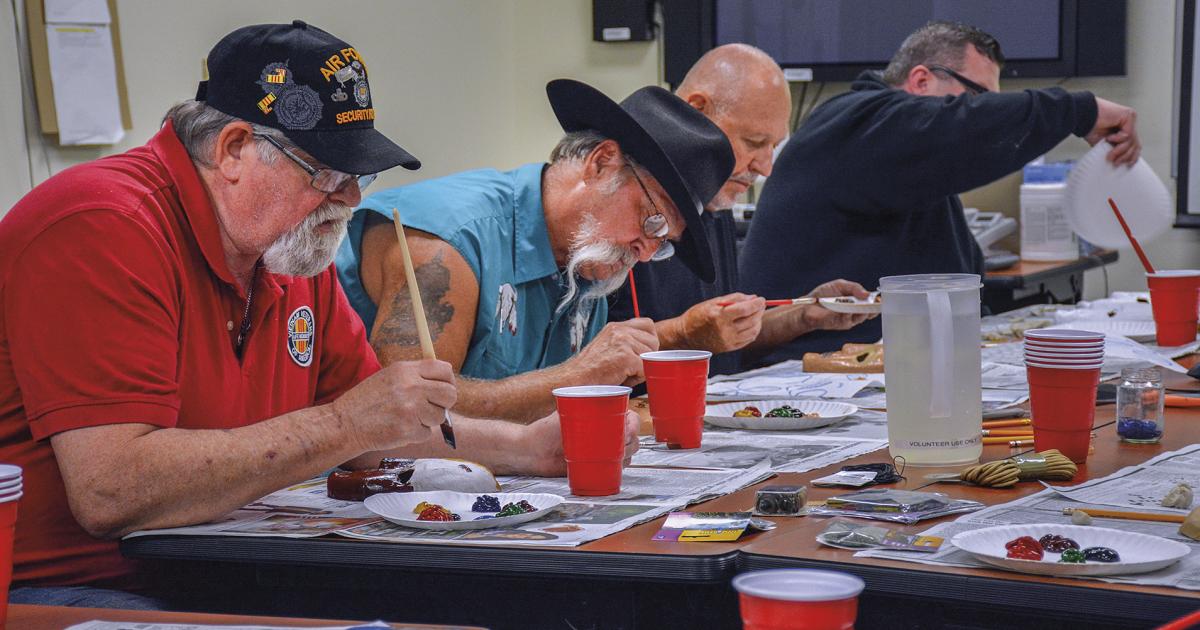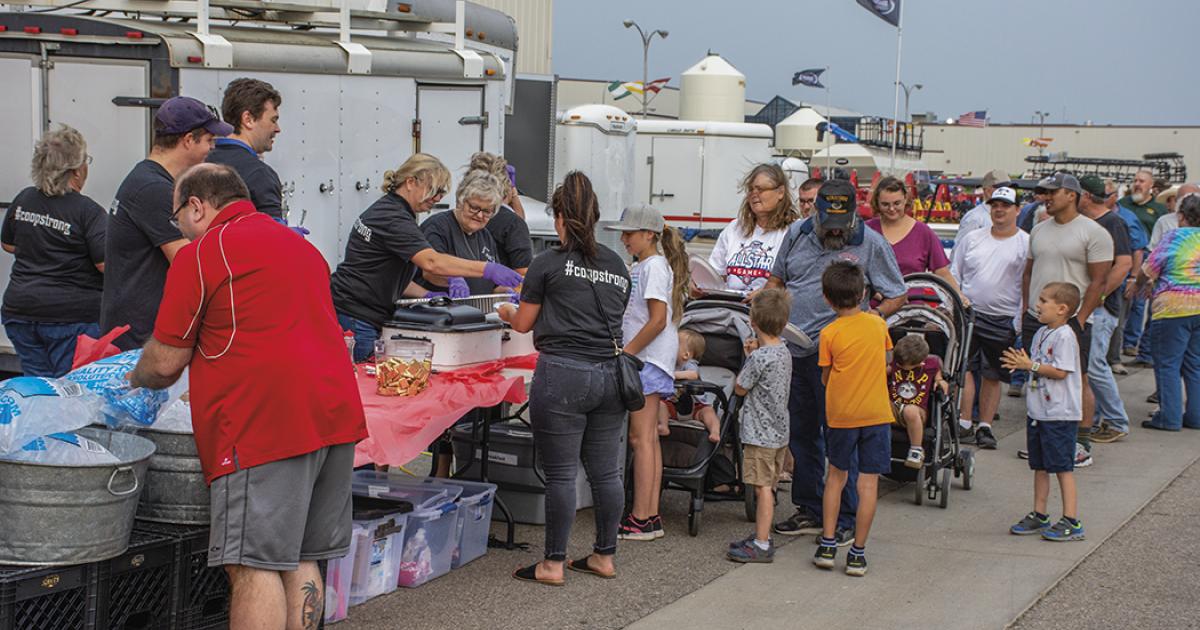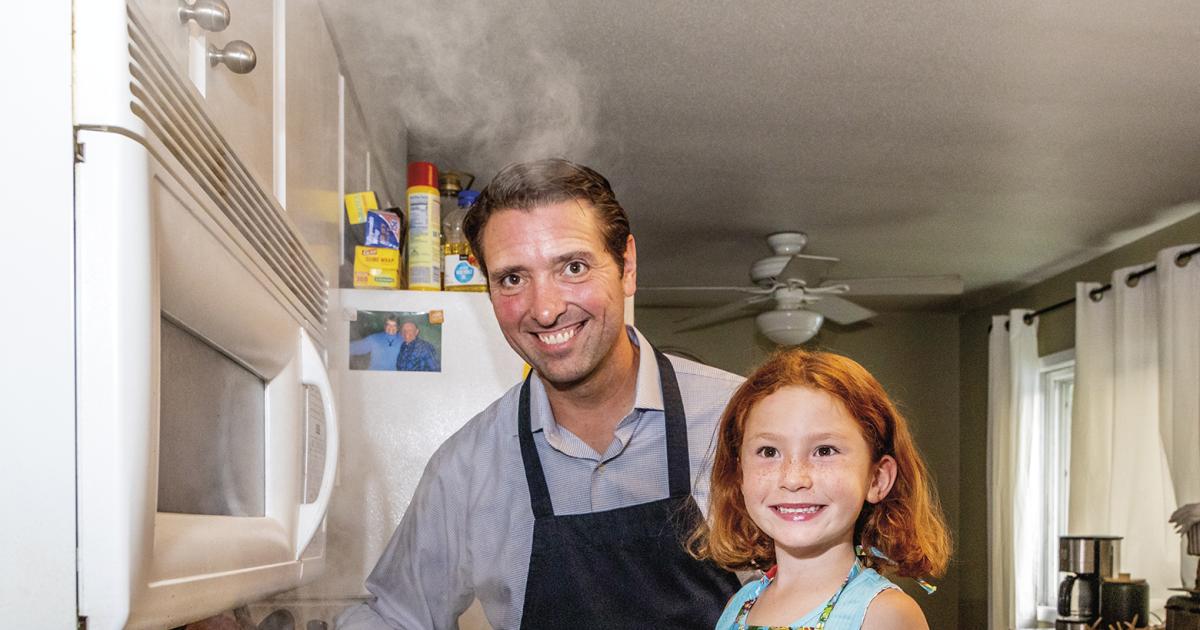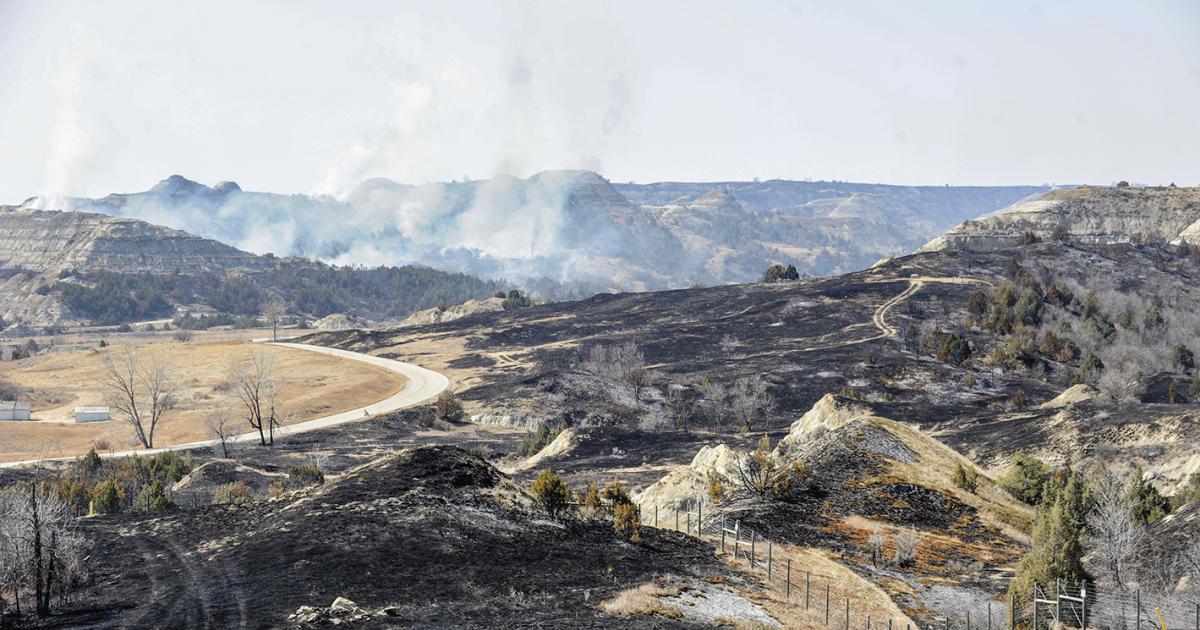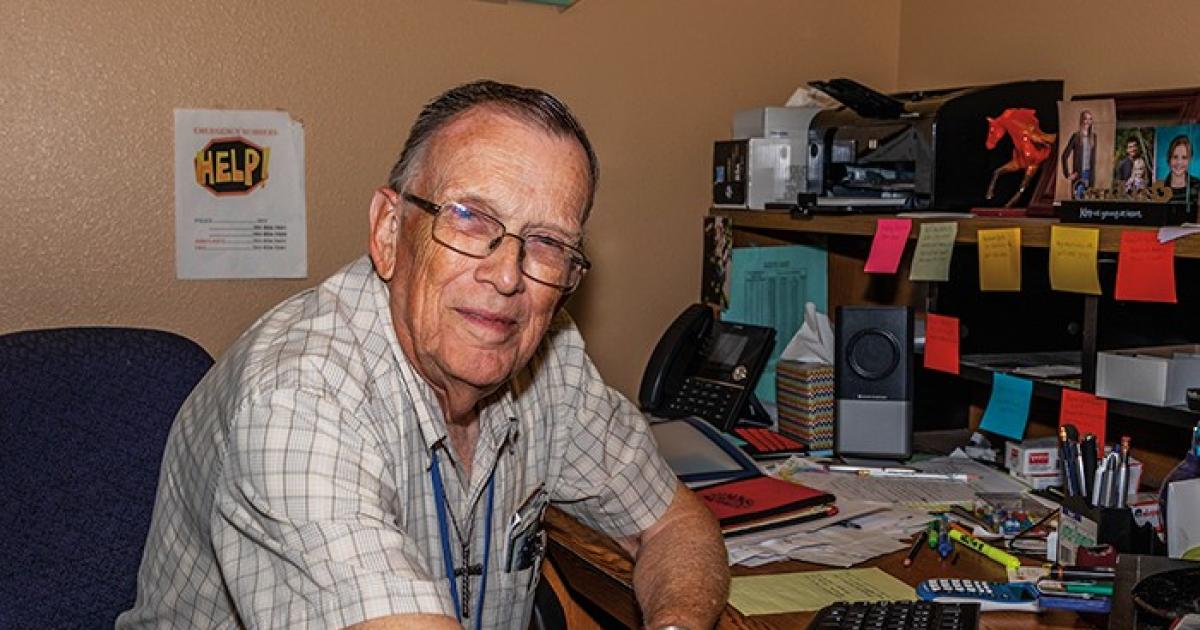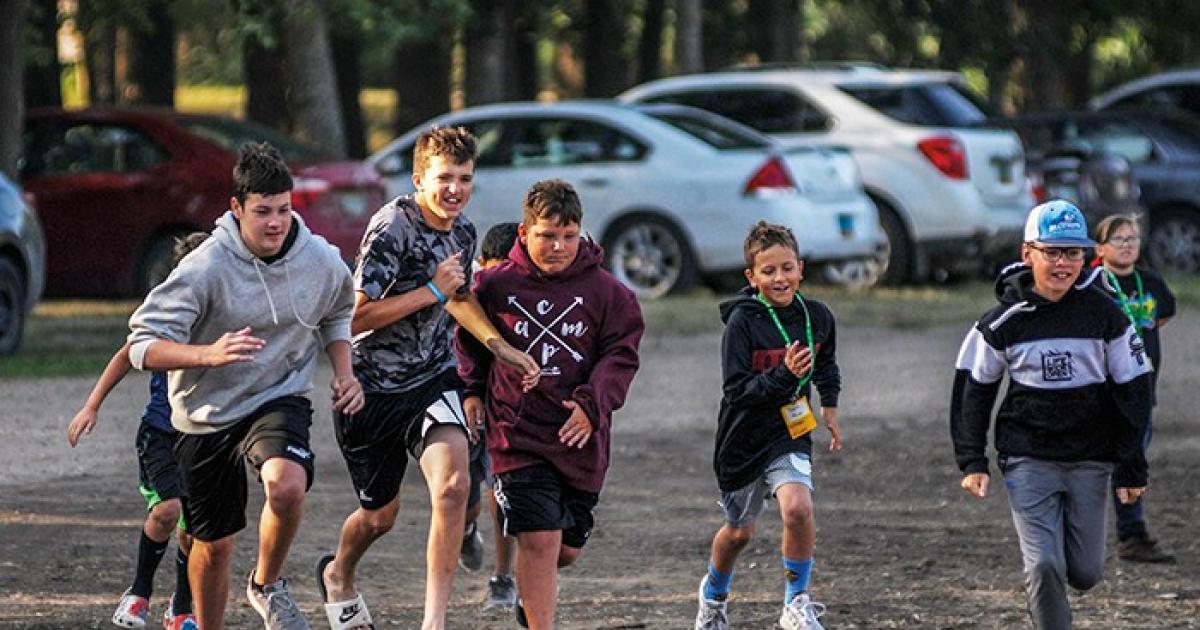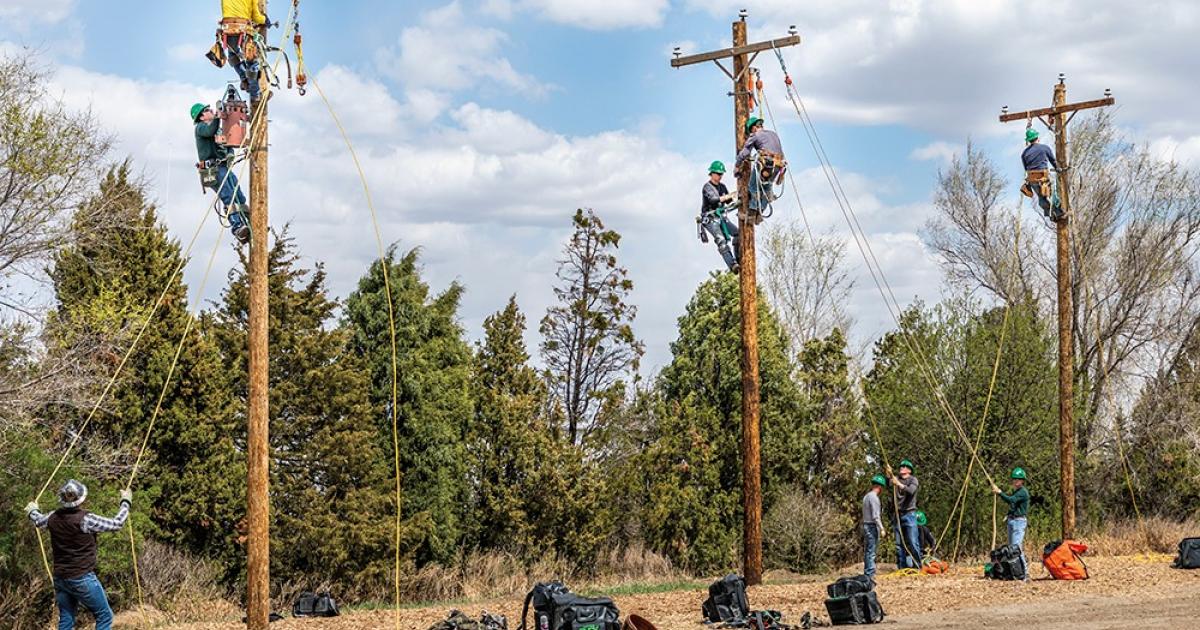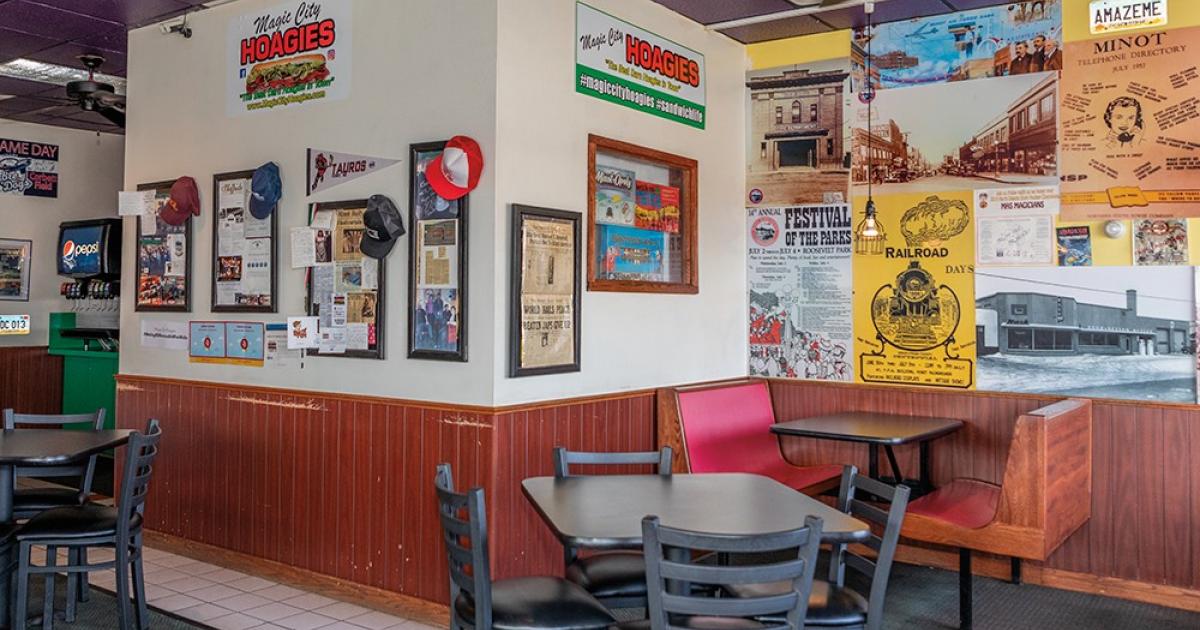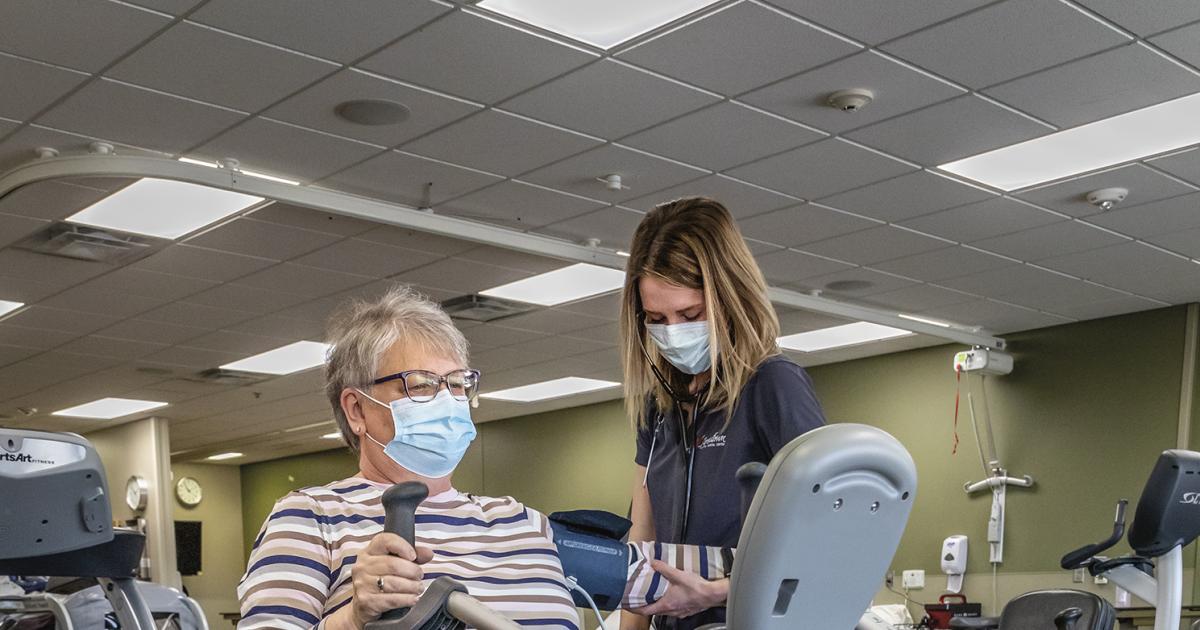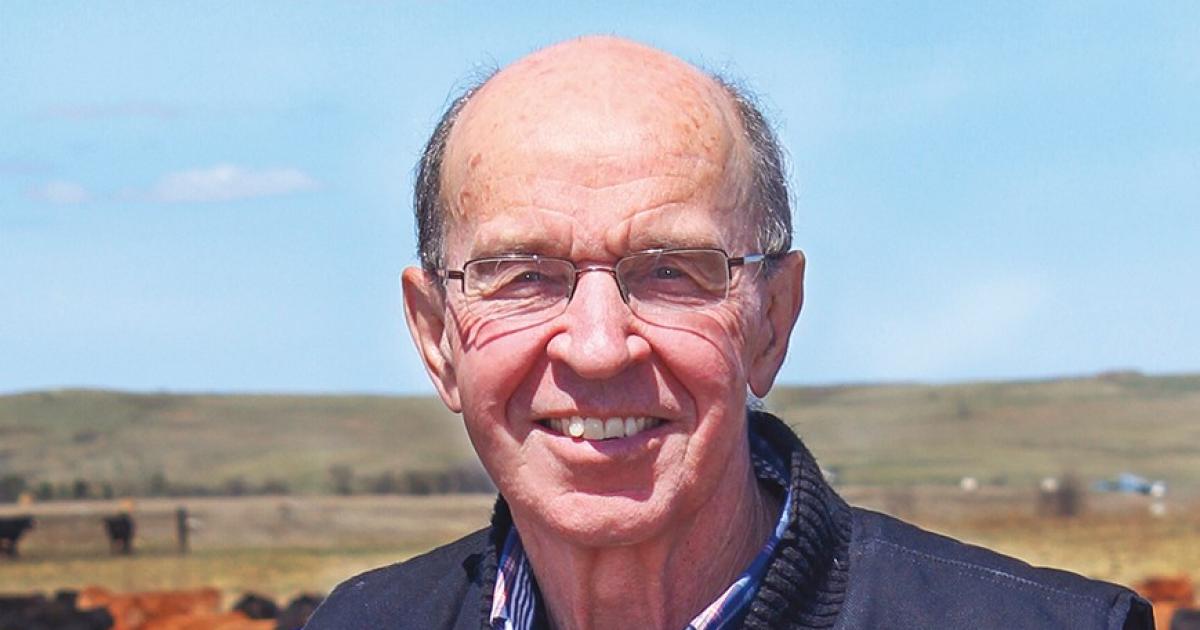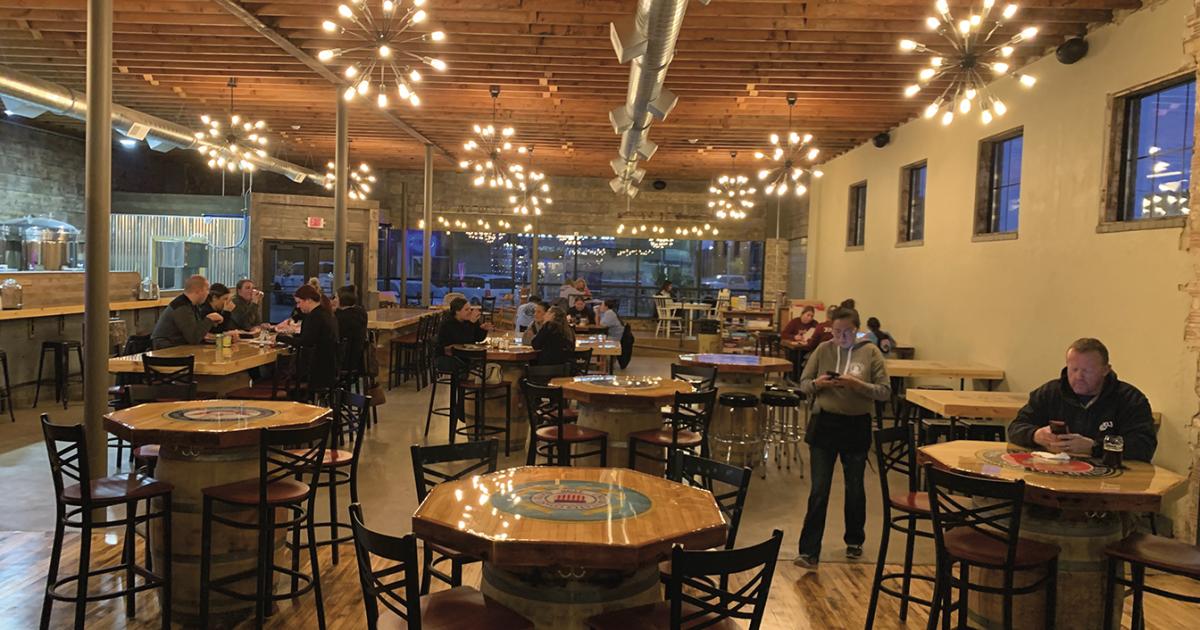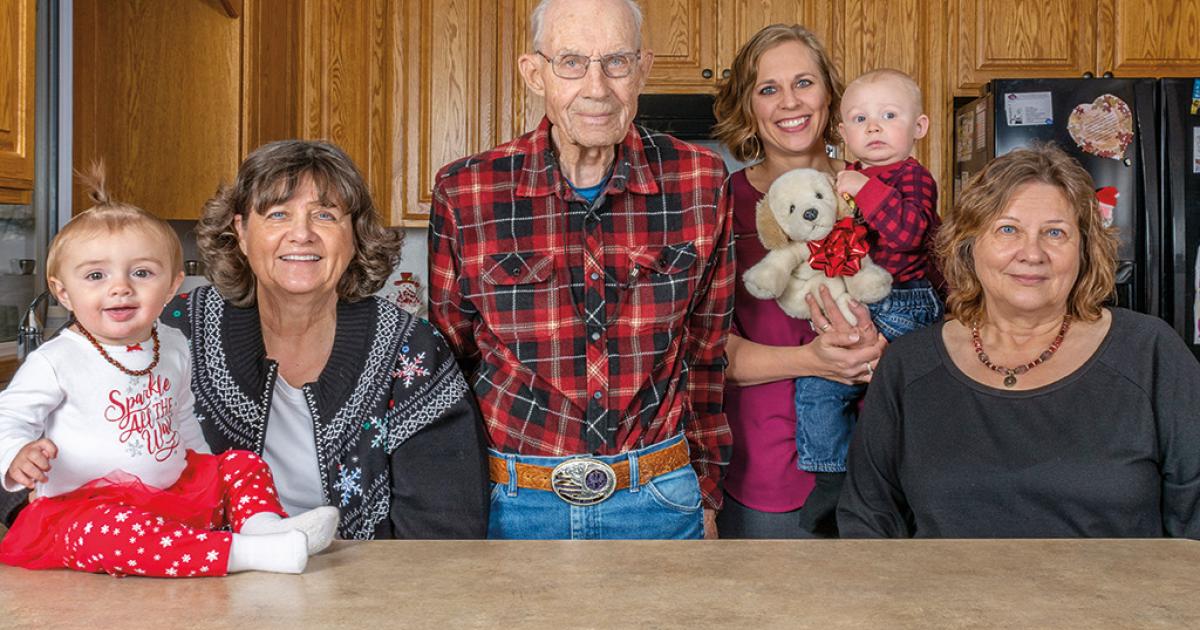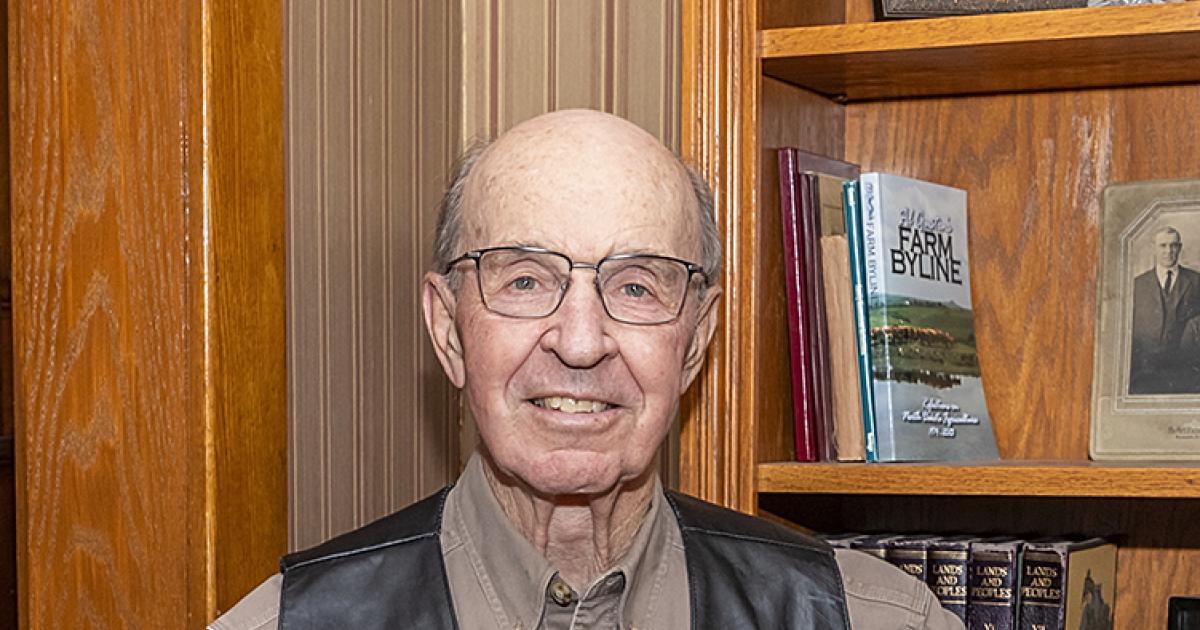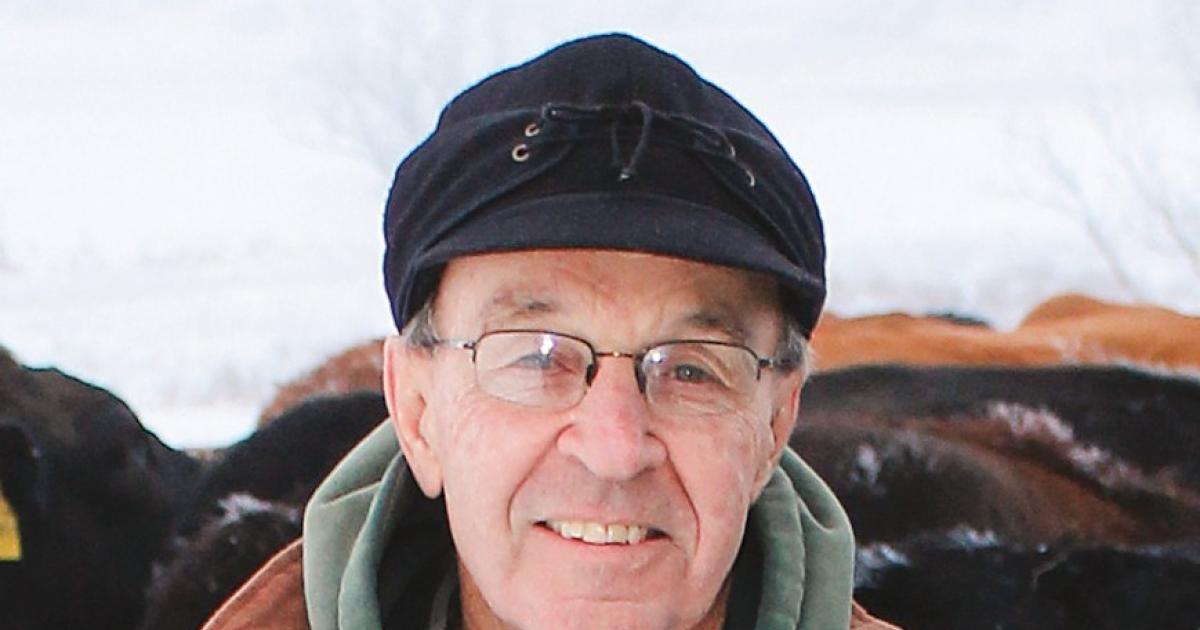This year, images from Afghanistan entered American homes, as the United States exited the country and ended a 20-year war. The U.S. withdrawal from Afghanistan and subsequent Taliban takeover of the country was highly covered news across all media.
But for more than 4 million American veterans or active-duty personnel who have served since 9/11, those images go deeper. They trigger complex emotions and questions. Did my service matter? Were our losses for nothing?
Cally Peterson
 It’s National Co-op Month! A chance to celebrate cooperatives and the rich cooperative history that has helped build and support North Dakota communities for generations.
It’s National Co-op Month! A chance to celebrate cooperatives and the rich cooperative history that has helped build and support North Dakota communities for generations.
The cooperative difference. What is it and why is it important? Understanding the cooperative principles is key to defining “the cooperative difference.”
After spending most of his 20s “running from North Dakota” and working at resorts and restaurants in Minnesota and Florida, Jeff Benda changed directions.
The Grand Forks native and son of a U.S. Air Force veteran found himself working toward a teaching degree in Valley City and surrounded by a group of friends who introduced him to
hunting.
“It was hunting that kept me here in North Dakota,” he says. “Being out in the country, in a small town like Valley City, I’d finally developed a sense of place and belonging, and just fell in love with it.”
After watching his father fight fires in western North Dakota during a 20-year firefighting career, Eric Hellandsaas learned a thing or two about serving his community. Today, Hellandsaas balances his responsibilities as a journeyman lineworker for McKenzie Electric Cooperative in Watford City with his community service as both a volunteer firefighter and emergency medical responder (EMR). And in a year of extreme drought, Hellandsaas’ stock has gone up.
“A credit union is the right fit for our community and would be owned by the people of the tribe,” says Joseph McNeil Jr., Standing Rock Sioux Tribe member who spearheads economic development for the tribe and serves on the emerging credit union steering committee. “Oyate means ‘the people, the nation.’ It’s reflective of community. Members will be able to vote on leadership of the credit union.”
“This facility gives our summer camp program a physical presence in the eastern part of the state and complements our camp facility in western North Dakota on the Heart Butte Reservoir,” says NDFU President Mark Watne. “We are excited for all the cooperative learning and fun kids will have here. Investing in youth education is the greatest asset of our state and organization.”
FAMILY REUNION
Another fond memory for David was the annual Wolf family reunion. Started in 1986 by David’s mother and several of her 14 siblings, who referred to themselves as the second generation, it was a way to keep their large family connected. The early reunions were convened at Arrowood Lake, where family could swim and play games. The Wolf family now gathers at the city park in Carrington, where a rousing game of kickball or baseball ensues – with the third, fourth and fifth generations.
Many will talk about the city’s cultural diversity, perhaps shaped by the Minot Air Force Base and military families who put down roots up north.
And the local eateries will be mentioned, too.
But to look back at Minot’s recent history – the Souris River flood of 2011, the Bakken oil boom of the 2010s and the COVID-19 pandemic – one defining feature stands above the rest. Shaped by the spirit of community, perhaps the true magic of Minot is its resilience.


